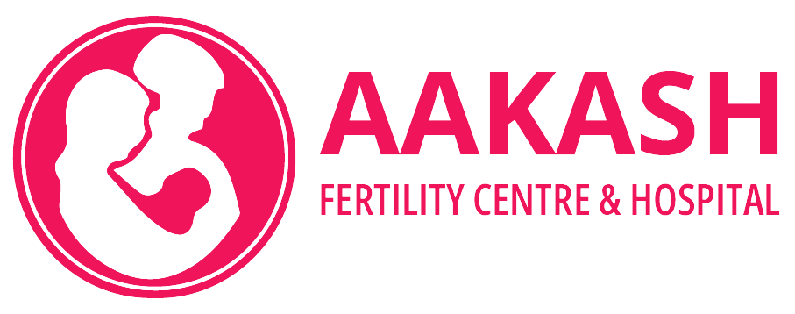IntraCytoplasmic Sperm Injection (ICSI), is a highly effective method for male infertility. It involves directly injecting a sperm into an egg to aid fertilization. Unlike traditional IVF, where the sperm fertilizes the egg independently, ICSI is used when there are conditions like low sperm count or abnormalities preventing normal fertilization. In such cases, ICSI is a specialized and effective solution. To schedule an appointment for ICSI treatment in Chennai, contact Aakash IVF Centre, top IVF hospital in Chennai with advanced facilities. Take the first step toward realizing your dream of parenthood by arranging your appointment with us today.
Who is the ideal candidate for ICSI procedure?
- Very low sperm count
- Poor morphology or motility of sperm
- Previous vasectomy or injury leading to the inability to ejaculate sperm; in such cases, sperm is retrieved from the testicles or epididymis
- Ejaculation or erection problems due to spinal cord injuries
What are the procedures in ICSI?
Step 1: Retrieval
The initial stage involves the collection of sperm from the male partner, either through ejaculation into a cup or, in some cases, through surgical retrieval. Various methods can be employed for sperm retrieval, and in some cases, the sperm is frozen for future use. Simultaneously, eggs are painlessly harvested from the woman’s ovaries using fine needles and ultrasound probes.
Step 2: Sperm Injection
Following sperm retrieval, the semen sample undergoes washing, isolating a single sperm that is then injected into a prepared egg using a fine needle. This direct injection accelerates the fertilization process, with the sperm reaching the egg through the cervical fluid within approximately 24 hours.
Step 3: Monitoring the Embryo
The fertilized embryo is nurtured in a laboratory for around six days. During this crucial period, the healthcare team monitors its growth and development, allowing them to select the healthiest and most viable embryos for further steps.
Step 4: The Transfer
Once the selected embryos reach an optimal stage of development, typically two days after fertilization, one or two of them are delicately transferred to the woman’s womb using an ultrasound-guided catheter. This transfer occurs either two days or another five days after fertilization.
Step 5: Pregnancy Test
Approximately two weeks after the successful embryo transfer, the patient undergoes a pregnancy test, known as a beta test. This test detects the beta-chain portion of the hCG hormone emitted by the developing embryo.
What are the benefits of ICSI?
- Overcoming Male Infertility: ICSI is a highly effective solution for couples facing male fertility issues such as low sperm count, poor sperm motility, or abnormal sperm morphology.
- Enhanced Fertilization Rates: ICSI ensures a higher chance of successful fertilization by directly injecting a single sperm into an egg, overcoming barriers that may impede natural fertilization.
- Improved Success Rates in IVF: For couples undergoing in vitro fertilization (IVF) where male infertility is a concern, the addition of ICSI significantly improves the chances of successful fertilization and embryo development.
- Treatment for Severe Male Infertility Cases: In cases of severe male infertility, such as azoospermia (absence of sperm in the ejaculate), ICSI allows the retrieval of viable sperm directly from the testicles for fertilization.
Why Choose Aakash IVF Centre for ICSI Treatment?
Aakash IVF Centre in Chennai, led by renowned specialists Dr. Jeyarani Kamaraj and Dr. Niveditha Kamaraj, offers advanced and effective ICSI treatment in Chennai. With a focus on personalized care and expertise in male infertility issues, Aakash IVF Centre at Chennai provides hope to couples seeking fertility solutions.
– Aakash Fertility Centre & Hospital
Book your Appointment : +9178712 33333

